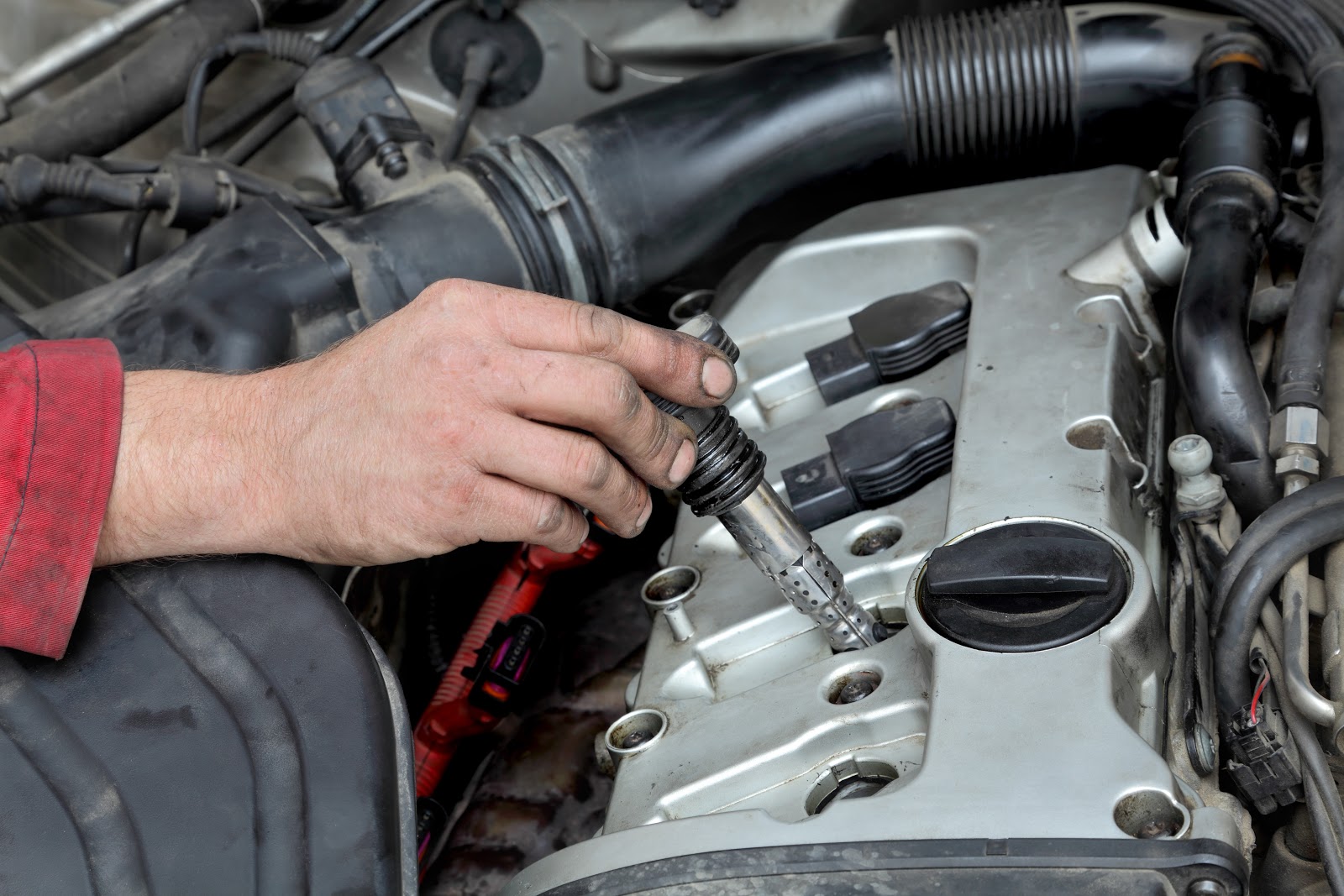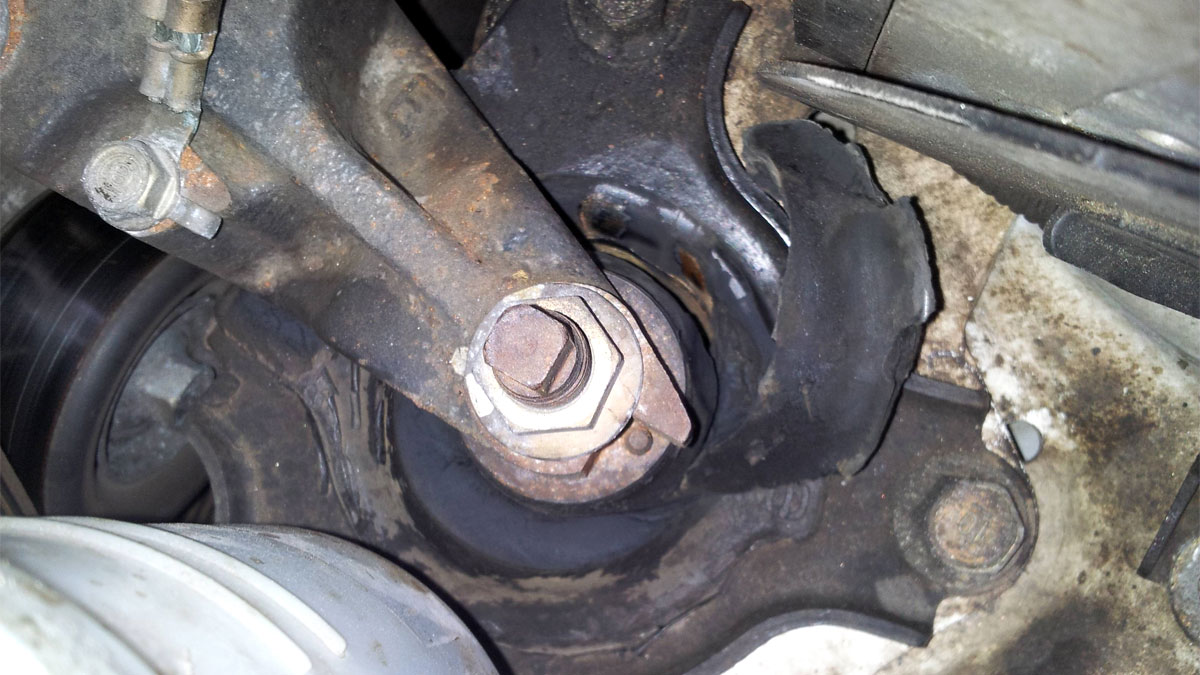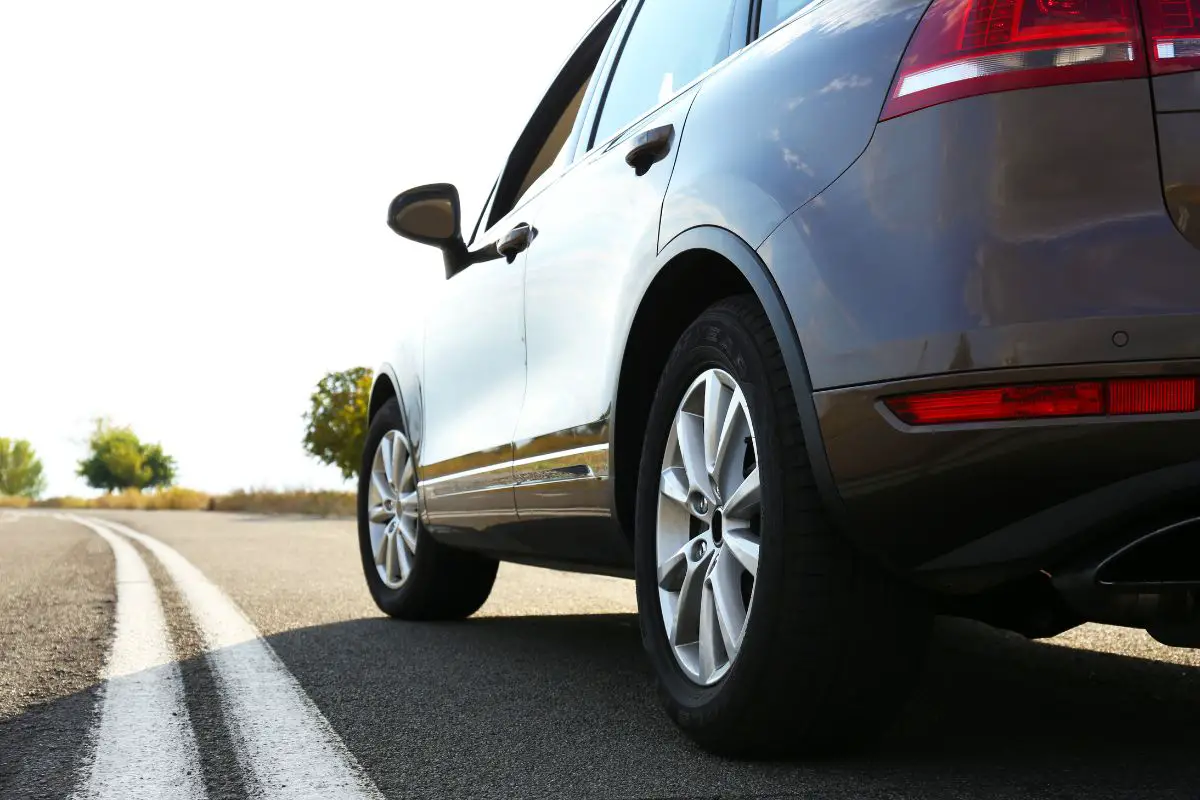If your car has ever jerked while idling, you are aware of how annoying and frustrating this can be. It not only interferes with your comfort while driving, but it may also be a sign of a serious issue with your car. We’ll go over some of the potential causes and fixes for a car jerking when it’s idle in this blog post. If you want to improve the maintenance of your car, we have a number of other suggestions for you to try.
A malfunctioning engine will cause the car to jerk when it is idle. For the engine to operate smoothly and effectively, it requires a constant flow of air, fuel, and spark. The engine may misfire, hesitate, or jerk if one or more of these parts are malfunctioning. Some typical causes of a car jerking while idling include:

Faulty spark plugs or wires
The spark plugs and wires ignite the fuel-air mixture in the engine cylinders. They may not produce a strong enough spark or misfire if they are worn out, damaged, or loose, causing the engine to misfire. This can also cause the car to jerk when it is idle. You may need to inspect and replace the spark plugs and wires to resolve this issue.

Bad ignition coil
An ignition coil is a device that boosts the voltage from the battery to a level high enough to ignite the spark plugs. The engine will misfire if the ignition coil is malfunctioning and not producing enough voltage or sending it to the correct cylinder. When this happens, the car may also jerk when it is not moving. The ignition coil should be checked and possibly replaced if the problem persists.

Problems with the ignition system
Vibrations can be caused by a number of issues with the ignition system, such as a broken distributor cap, a stuck rotor, or a clogged fuel injector. Vibrations or shaking in the engine may occur if electricity and fuel are interrupted. Having a professional mechanic inspect your car is a good idea if you think the vibration is coming from the ignition system so you can find and fix the problem.

Dirty air filter
Another frequent complaint is vibration caused by a dirty air filter. If the air filter is dirty, the engine won’t get enough air, which can lead to poor performance and vibrations. An indicator that your air filter needs to be changed is increased vibration under acceleration. Changing an air filter is something most car owners can do themselves, and it doesn’t cost much.

Dirty fuel filter
Vehicle vibration could also be caused by a dirty fuel filter. Misfires and vibrations in the engine can be the result of a lack of fuel pressure, which in turn is caused by a dirty fuel filter.
This is particularly true when starting the car quickly or travelling at high speeds. You should change your fuel filter as soon as possible if you suspect it is dirty. If you want a vibration-free ride in your car, have a qualified mechanic check and possibly replace the fuel filter.

Dirty or clogged fuel injectors
The injectors dispense fuel into the cylinders of the engine. The engine could run too lean or too rich if the fuel injectors were dirty or clogged. When the car is idling, this can cause it to jerk. The fuel injectors may need to be cleaned or replaced in order to resolve this issue.

Vacuum leak
When air is allowed to enter the engine through a break or hole in the intake manifold or vacuum hoses, this is known as a vacuum leak. This throws off the engine’s air-fuel ratio, making it run poorly. When this happens, the car may also jerk when it is not moving. Possible solutions include finding and fixing the vacuum leak.

Fuel delivery issue
Problems with fuel delivery can cause the car to shudder and jerk when it is idling. A clogged fuel filter, broken fuel pump, or broken fuel pressure regulator are all possible causes. Possible solutions include replacing the part or cleaning the fuel system. If you want an accurate diagnosis and repair, a professional mechanic is who you should call.

Throttle body problem
The throttle body’s primary function is to regulate the airflow into the engine’s combustion chamber. The engine may vibrate or jerk if it becomes clogged or unclean while in use. It is vital to repair any vibration or jerking concerns as soon as possible to prevent further engine damage and maintain safe driving.

Idle speed control sensor or electronic engine control system failure
Issues with the electronic engine control system or the idle speed control sensor can also cause vibration or jerking in a car. The engine’s electronic control system keeps tabs on and tweaks a variety of settings to maximize power and efficiency. The engine may experience vibrations or jerks if this system fails.
On the other hand, the engine’s idle speed is controlled by the idle speed control sensor. If this sensor stops working, the engine could shake or jerk from idling too low or high. A qualified mechanic can assess the situation and make the necessary repairs to get you back on the road in comfort and safety.

Faulty engine mounts
Vibration and jerking are also symptoms of faulty engine mounts. The job of the engine mounts is to keep the motor in place and dampen vibrations before they reach the passenger compartment. These mounts are susceptible to wear and damage over time, which can result in increased vibration and jerking.
The engine’s smooth operation can be restored by having a mechanic check and, if necessary, replace the mounts. If your engine mounts are worn or damaged, you should get them replaced as soon as possible to prevent further damage to your engine and other car parts.

Dirty or faulty idle air control valve
When the engine is idling, the amount of air that enters it is controlled by a device called an idle air control valve. If it’s dirty or broken, it won’t work right, and that could mean either too much or too little air for the engine.
When this happens, the car may also jerk when it is not moving. The idle air control valve may require cleaning or replacement if this is the case.
These are some of the reasons and fixes for why your car jerks when it’s not moving. However, other factors, such as a clogged catalytic converter or a faulty oxygen sensor, may also contribute to this issue. If you notice your car jerking at idle, it’s best to take it to a qualified mechanic so the problem can be properly diagnosed and fixed.

